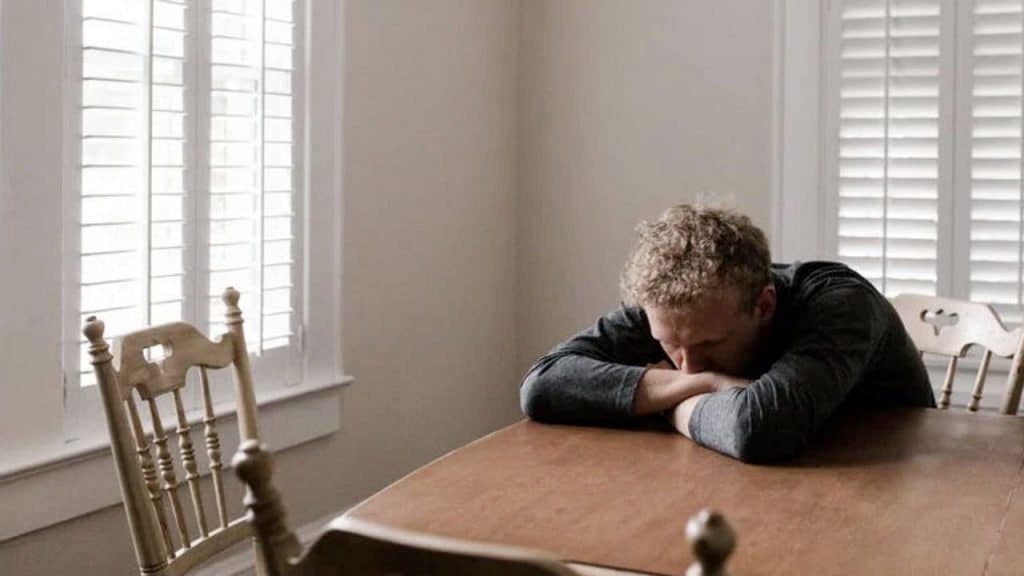There was a time when the slightest hint of mental illness would lead to a person being spirited away to an asylum, possibly to never be seen again. Thankfully, we’re a long way from those days, but there can still be a stigma when talking about mental illness. As more and more people speak openly about their conditions, that stigma finally begins to fade.
When tennis player Naomi Osaka announced she wouldn’t talk to the press immediately after a match to protect her mental health, it caused uproar. Some people thought she was neglecting her commitments and responsibilities for a flimsy reason. Others respected her decision to take care of herself in the face of overwhelming pressure.
The high degree of scrutiny faced by public figures like Naomi Osaka means they face unique challenges that we might not in our everyday lives, but it also gives them a platform that allows discussions of mental health issues where they once would have been ignored or dismissed.
You might not compete in international sports events where you’re watched by millions of people around the world, but you can still suffer from the same mental health problems as people who do. When public figures speak out, it can make it easier for us. It makes us feel less alone.
Increased awareness leads to increased support, with people no longer living in fear and more able to ask for help. There’s still a long way to go, though. Depression and anxiety have received particular attention, but there are some conditions that are still treated with particular suspicion.
Conditions like schizophrenia, which can include psychotic symptoms and only tend to appear in the media when they lead to violence (despite mentally ill people being more likely to be victims of crime than perpetrators), are still widely misunderstood. The only way they’re going to become more accepted is if more people speak openly about their own experiences, despite the possible negative consequences.
It takes a lot of bravery to be willing to disclose a mental illness and the vulnerability that implies, whether you’re a famous athlete or an everyday Joe. Progress is slow, but it is happening. Everyone has a role to play in reducing the stigma further, whether by talking about their own mental health or listening to others when they speak. It’s the only way to continue forward.




